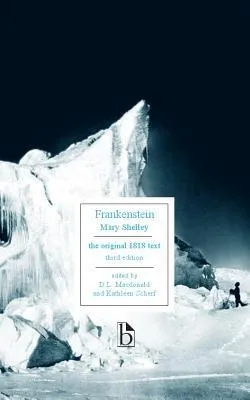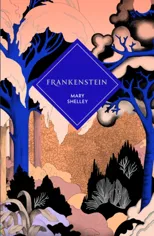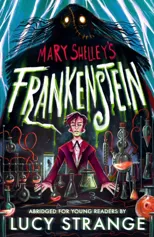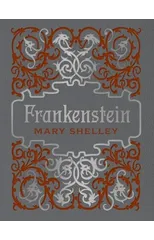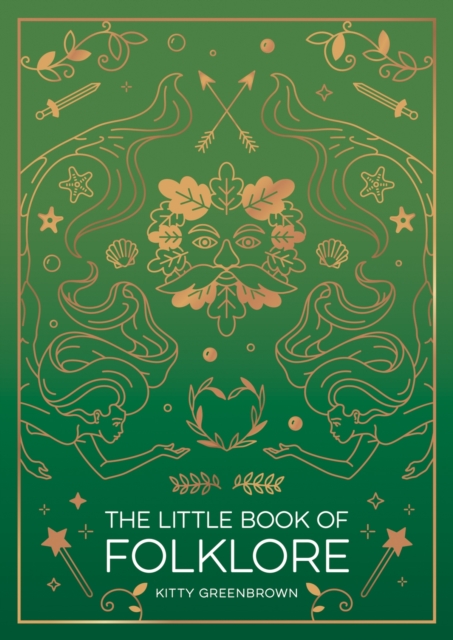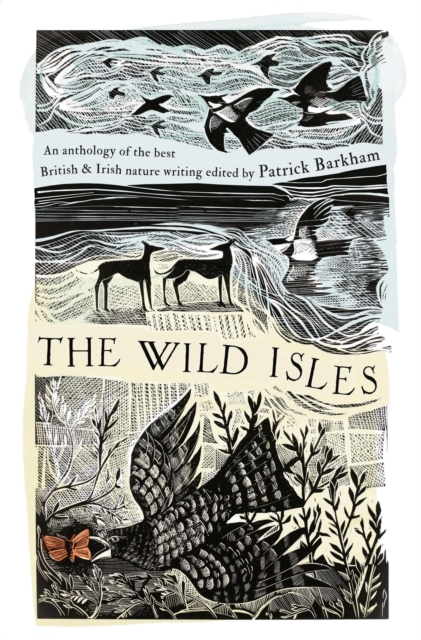Frankenstein
(Author) Mary ShelleyD.L. Macdonald and Kathleen Scherf’s edition of Frankenstein has been widely acclaimed as an outstanding edition of the novel—for the general reader and the student as much as for the scholar. The editors use as their copy-text the original 1818 version, and detail in an appendix all of Shelley’s later revisions. They also include a range of contemporary documents that shed light on the historical context from which this unique masterpiece emerged. New to this edition is a discussion of Percy Shelley’s role in contributing to the first draft of the novel. Recent scholarship has provoked considerable interest in the degree to which Percy Shelley contributed to Mary Shelley’s original text, and this edition’s updated introduction discusses this scholarship. A new appendix also includes Lord Byron’s “A Fragment” and John William Polidori’s The Vampyre, works that are engaging in their own right and that also add further insights into the literary context of Frankenstein.
Mary Shelley
Mary Shelley was an English novelist, best known for her Gothic novel "Frankenstein; or, The Modern Prometheus," published in 1818. She was born in 1797 and was the daughter of political philosopher William Godwin and feminist Mary Wollstonecraft. Shelley's literary style is characterized by its exploration of existential themes, the consequences of scientific experimentation, and the complexities of human nature. "Frankenstein" is considered a seminal work of science fiction and has had a lasting impact on the genre, inspiring countless adaptations and interpretations. Shelley's other notable works include "The Last Man" and "Mathilda." Her contributions to literature have solidified her as one of the most important figures in the Gothic literary tradition.
